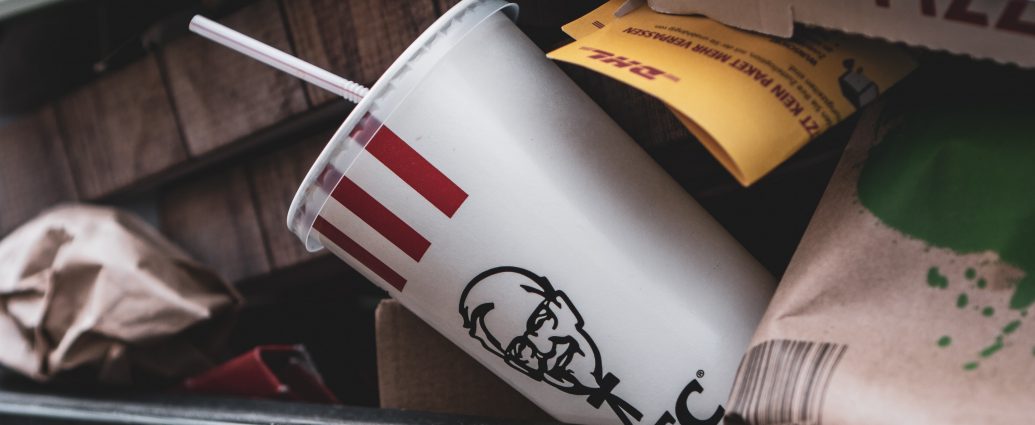In October 2018, the USDA, EPA, and FDA signed a joint agency formal agreement to tackle the problem of food waste in America. This agreement does not attach any financial obligation, simply the idea and commitment that the three agencies will work together to find solutions to the problem of food waste in America. According to the USDA, 30-40 percent of the food supply is wasted each year. Food represents the vast majority of waste currently residing in municipal landfills across the country.
The 6 priority areas include:
1: Enhance Interagency Coordination
2: Increase Consumer Education Efforts
3: Improve Coordination and Guidance on Food Loss and Waste Measurement
4: Clarify and Communicate Information on Food Safety, Food Date Labels, and Food Donations
5: Collaborate with Private Industry to Reduce Food Loss and Waste Across the Supply Chain
6: Encourage Food Waste Reduction by Federal Agencies in their Respective Facilities
The 4thPriority area is one that has the potential to have an exceptionally great positive impact on consumer waste if it is carried out well. A large percentage of food is thrown out each year by Americans that is perfectly safe to eat but food labels indicate it is past its “best by” date. The best by date does not usually indicate whether a product is still safe to eat, merely that it will taste the best. If food labels more accurately represent what is safe to eat on food packaging, a reduction in food waste is highly likely.
Not only is it just food itself that is wasted, but all of the resources necessary to grow, process, package, transport, market and store the food. Tackling food waste also means reducing water, oil, and electricity waste as well. Water is wasted directly for growing crops, but also in cleaning and creating food packaging. Oil is used in the transportation of products and supplies as well as farm equipment. Electricity costs are in utility costs at production facilities, storage, and grocery stores.
Tom Colicchio is an American celebrity chef known for his work in tackling hunger and food waste. Colicchio believes that there are many reasons why so much food is wasted ranging from the way food subsidies work in America to powerful lobbyists in Washington working for giant food corporations profiting off of the status quo. It’s unclear whether Colicchio’s advice will be taken into consideration by the government agencies in the future, but Colicchio’s concerns are not addressed in this agreement.
The Federal joint agency formal agreement is a great first step towards a more sustainable food system. More will need to be done in the future, but our government recognizing food waste as a concern is a positive sign for more things to come.

